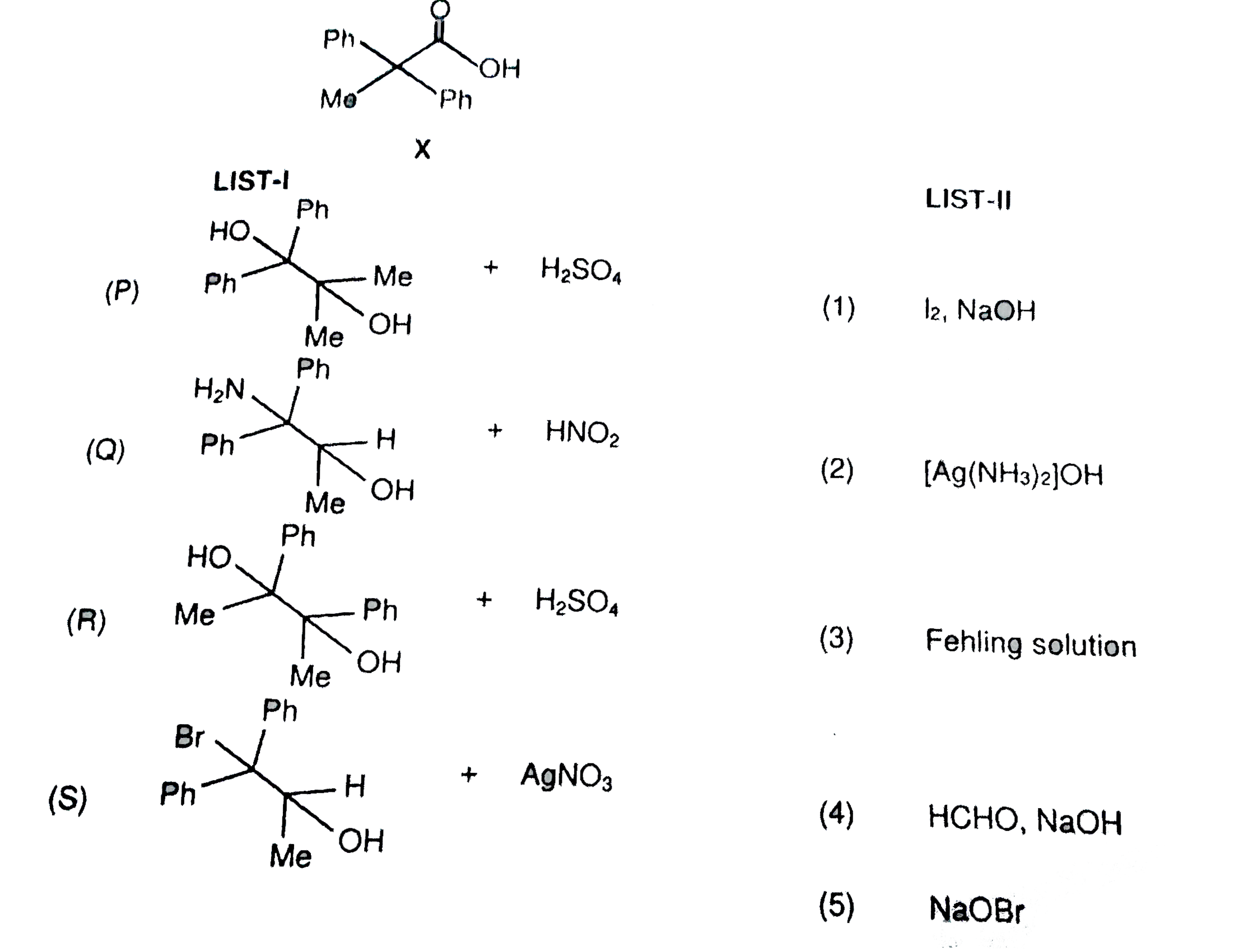A person preparing food like Mary Milton can be a major source of spread of disease
Pneumonia
Syphilis
Cancer
Typhoid
The correct Answer is:D
Step-by-Step Solution:
1. Understanding the Question: The question asks about a person preparing food, similar to Mary Milton, and how they can be a source of disease spread.
2. Identifying the Diseases: The options provided are pneumonia, cephalus, cancer, and typhoid. We need to determine which of these diseases can be spread through food preparation.
3. Analyzing Each Option:
- Pneumonia: This is typically spread through respiratory droplets and not through food.
- Cephalus: This term does not refer to a specific disease but rather a part of the body (cephalus means head). It is not relevant in this context.
- Cancer: This is not an infectious disease and cannot be spread from person to person through food.
- Typhoid: This is a bacterial infection caused by *Salmonella typhi*. It is known to be transmitted through contaminated food and water.
4. Historical Context: Mary Milton, known as "Typhoid Mary," was a cook who unknowingly spread typhoid fever to others. She was identified as an asymptomatic carrier, meaning she carried the bacteria without showing symptoms herself.
5. Conclusion: Based on the analysis, the correct answer is typhoid, as it is a disease that can be spread by food preparation, particularly by an asymptomatic carrier like Mary Milton.
Final Answer: Typhoid
---
- Pneumonia: This is typically spread through respiratory droplets and not through food.
- Cephalus: This term does not refer to a specific disease but rather a part of the body (cephalus means head). It is not relevant in this context.
- Cancer: This is not an infectious disease and cannot be spread from person to person through food.
- Typhoid: This is a bacterial infection caused by *Salmonella typhi*. It is known to be transmitted through contaminated food and water.
Topper's Solved these Questions
- HUMAN HEALTH AND DISEASEBOOK - VMC MODULES ENGLISHCHAPTER - HUMAN HEALTH AND DISEASEEXERCISE - ENABLE
50 Videos
- HUMAN HEALTH AND DISEASEBOOK - VMC MODULES ENGLISHCHAPTER - HUMAN HEALTH AND DISEASEEXERCISE - EFFICIENT
50 Videos
- HUMAN HEALTH & DISEASE BOOK - VMC MODULES ENGLISHCHAPTER - HUMAN HEALTH & DISEASE EXERCISE - IN-CHAPTER EXERCISE-E
10 Videos
- HUMAN REPRODUCTION BOOK - VMC MODULES ENGLISHCHAPTER - HUMAN REPRODUCTION EXERCISE - IN-CHAPTER EXERCISE-C
10 Videos
Similar Questions
Knowledge Check
Organic matter is considered as a major source of water pollution caused by wastes of food , animal and human excreta, garbage etc. the excess of organic matter in water causd a threat to aquatic life because
Athe space available to acquatic life decreasesBmicroorganisms consume dissolved oxygen to decompose organic matterCorganic matter is swallowed by small animalsDdecomposition of organic matter increases the temperature of water .Read the following statements and select the correct ones.
(i) Vaccine is a preparation (or suspension ) of a dead/attenuated pathogen of a disease which on inoculation ( or injection ) into a healthy person, provides temporary/permanent active immunity by inducing antibodies formation.
(ii) Immunisation is the process by which the body produces antibodies against the vaccine preventable diseases through administration of specific vaccines.
(iii) The principle of immunisation or vaccination is based on the property of 'memory' of the immune system.
iv) If a person is infected with some deadly microbes to which quick immune response is required; in that case, we need to directly inject the performed antibodies or antitoxins e.g., in case of tetanus.A(i) and (ii)B(iii) and (iv)C(i), (ii) and (iii)D(i),(ii),(iii) and (iv)
Introduction of larvivorous fish in stagnant water can prevent the spread of all given diseases except
View SolutionAssertion: Detritus food chain begins with decomposers.
Reason: Detrivores, like fungi and bacteria, are major decomposers in such food chains.
View SolutionAssertion : Dragonflies can be used to decrease occurrence of diseases like malaria, dengue, etc.
Reason : Baculoviruses are effective in controlling may insects and other arthropods.
View SolutionThe desired product X can be prepared by reacting the major product of the reaction in LIST-1 with one or more appropriate reagents in LIST-II (Given . Order of migratory aptitude : aryl gt alkyl gt hydrogen )

View SolutionList five personal habits which can prevent the spread of communicable diseases.
View SolutionAn alkyl isocyanide can be prepared as a major product by which of the following reaction?
View Solution